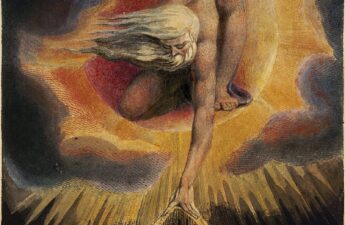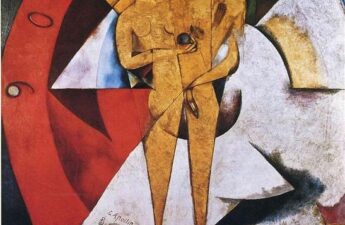“…do not tear from place to place and unsettle yourself with one move after another. Restlessness of that sort is symptomatic of a sick mind.”
Seneca, 65 AD (pub), Letters from a Stoic, Letter II
The rising sun filters through the window, edging a silhouette of the pulled down blind.
A gracious amount of light is introduced into the dark room, allowing for a gentle wake. That lazy light. The room is bathed in a peaceful haze of potential for the day. But we needn’t face it just yet, there is still time to bask in this comfort. And we lie in perfect stillness.
In the turn of one single moment, thoughts begin entering our head. Like a troop in single file, one by one they come tumbling into our day. Each thought grabs hold of a string and begins pulling, and then heaving, until we close our eyes tightly from the strain. We begin to stir and shift about, our body mimicking the disturbance in our mind. Suddenly the silence is alarming and the stillness in the room is crawling over our skin. We are alone and in darkness, our thoughts ambushing us one at a time. We throw off the blankets, wind up the blind and try to create some noise to crack the spell. For a moment there, we almost fell.
The day begins in silence.
“As happens sometimes, a moment settled and hovered and remained for much more than a moment. And sound stopped and movement stopped for much, much more than a moment.”
John Steinbeck, 1937, Of Mice and Men
We fill our time with tasks and trials, duties and deliberations, all accompanied by a soundtrack.
The radio, the traffic, the people, the dog, the doors, the chair, the printer, the keys- and with every sound we are planted a little more firmly into this reality. Each noise and each task is a weight on the other side of the string our thoughts tug at. So, the more we break the silence and busy ourselves, the further we can get from the pull of our mind. We meet each unnerving thought with a distraction. But you must be fast, because they’re coming in quick.
The day is filled with noise.
“If we had a keen vision and feeling of all ordinary human life, it would be like hearing the grass grow and the squirrel’s heartbeat, and we should die of that roar which lies on the other side of silence.”
George Eliot, 1871, Middlemarch
It’s near the end of the day and we have almost tired ourselves into numbness.
Re-enter the room, which is dark once more. We pull the blind, pull up the blanket, and rest our head back on the pillow. When did we get a clock? Its ‘tick-tock’ fills the room. It must be our watch, but where did we leave it… and on goes the pointless chatter we use to fill the silence. But we grow tired, and our mind can’t keep up with filling the quiet. It lapses and as soon as a gap arises, sure enough, one by one back in they come, every thought we’ve been putting off. Only now they are bigger and pull harder. Quickly we think of something else and try to avert our eyes, and on and on it goes, a tug of war, until sleep eventually takes us.
The day ends in silence.
“Nothing, to my way of thinking, is a better proof of a well-ordered mind than a man’s ability to stop just where he is and pass some time in his own company.”
Seneca, 65 AD (pub), Letters from a Stoic, Letter II




